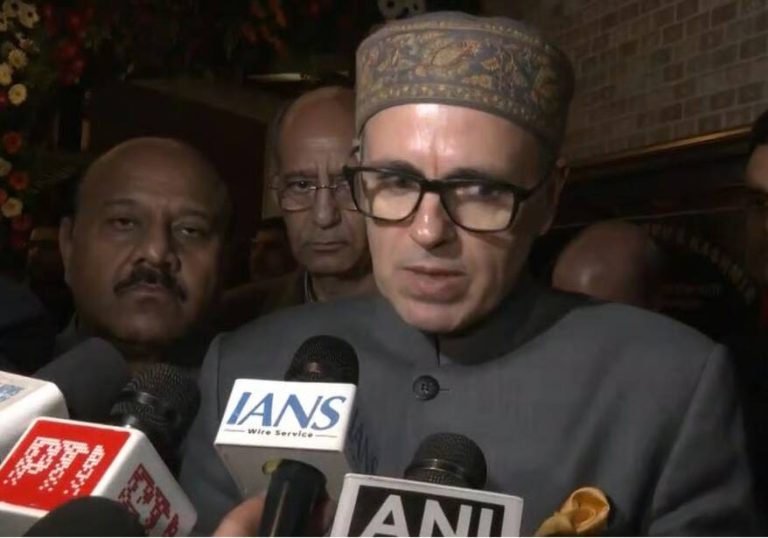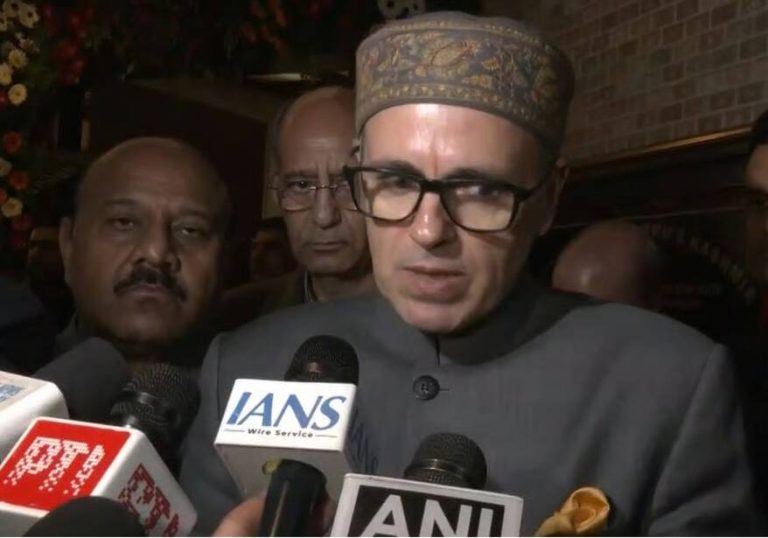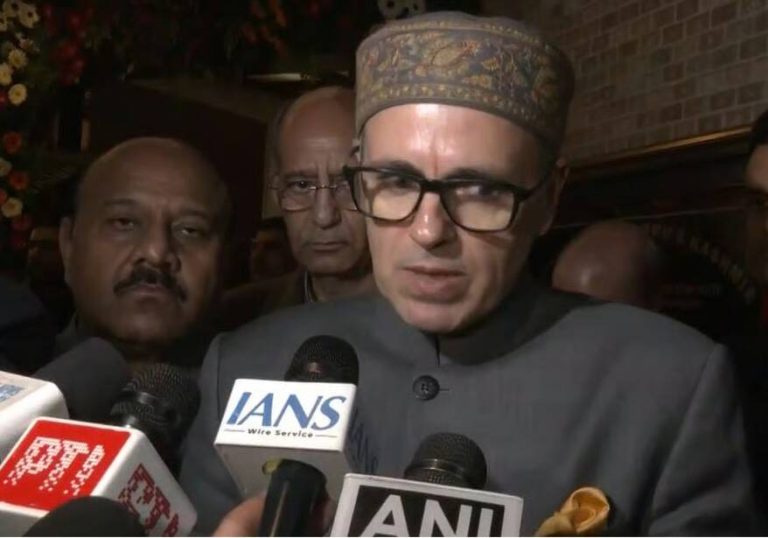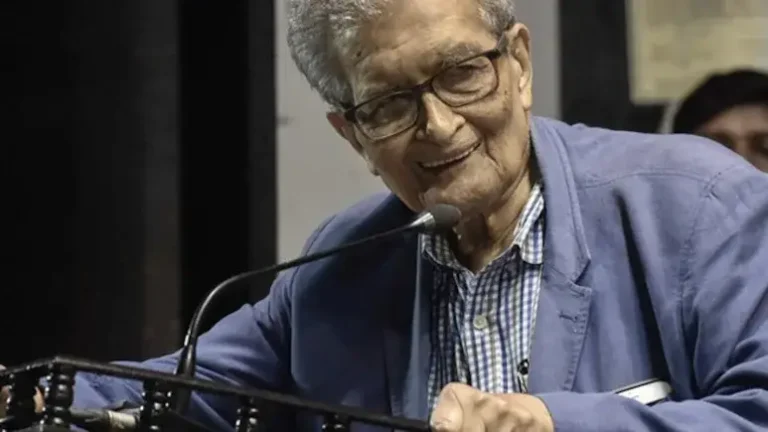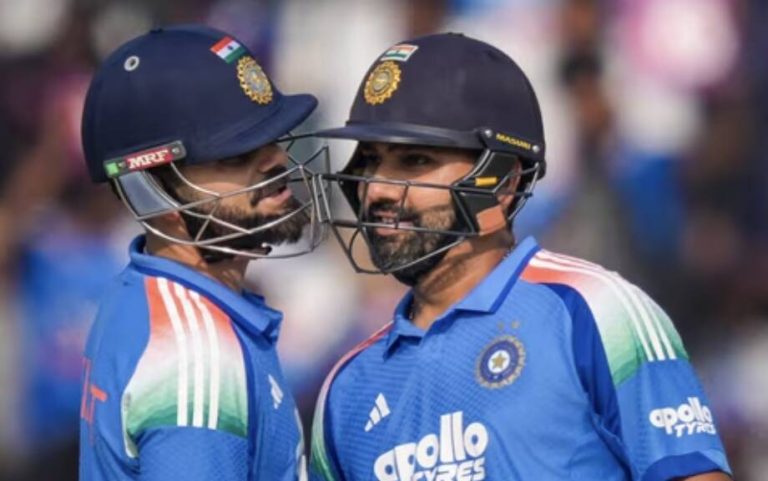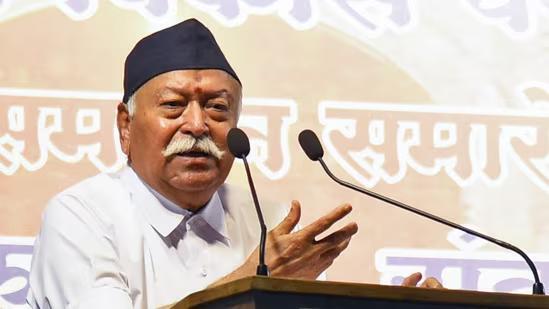
Muslims & Christians are also Hindus if they follow Indian culture: RSS chief Bhagwat
In a recent statement, Rashtriya Swayamsevak Sangh (RSS) chief Mohan Bhagwat has sparked a significant debate by redefining the term “Hindu”. According to Bhagwat, anyone who takes pride in Bharat, the Hindi term for India, can be considered a Hindu. This statement has far-reaching implications, as it seeks to redefine the traditional understanding of Hinduism and expand its scope to include people of other faiths who identify with Indian culture.
Bhagwat’s statement was made during a recent event, where he emphasized that the term “Hindu” is not limited to a specific religion or community. He said, “If Muslims and Christians, even without giving up their worship, customs and traditions, worship this country, follow Indian culture…then they are Hindus.” This statement suggests that Bhagwat views Hinduism as a broader cultural and national identity, rather than a specific religious affiliation.
The RSS chief’s statement has been seen as an attempt to promote a sense of national unity and inclusivity, by emphasizing the shared cultural heritage of all Indians, regardless of their religious background. By defining Hinduism in terms of cultural identity and national pride, Bhagwat is seeking to create a sense of common purpose and shared values among people of different faiths.
However, this statement has also raised questions about the implications of such a definition. If being a Hindu is simply a matter of identifying with Indian culture and taking pride in the country, then what does it mean to be a Hindu in a religious sense? Does this definition imply that people of other faiths, such as Muslims and Christians, can be considered Hindus without necessarily converting to the religion?
Bhagwat’s statement also raises questions about the relationship between religion and national identity. If being a Hindu is synonymous with being an Indian, then what about people who do not identify with Indian culture or do not consider themselves to be Hindus? Does this definition imply that they are somehow less Indian or less patriotic?
The RSS chief also added that India does not need an official label to be a ‘Hindu Rashtra’ (Hindu nation) because its civilization already reflects it. This statement suggests that Bhagwat believes that India’s cultural and national identity is already deeply rooted in Hinduism, and that this identity is shared by people of all faiths who identify with Indian culture.
This statement has significant implications for the ongoing debate about the concept of a “Hindu Rashtra” in India. The idea of a Hindu Rashtra has been a contentious issue in Indian politics, with some groups advocating for a more explicit recognition of India’s Hindu heritage and others arguing that such a concept is exclusionary and divisive.
Bhagwat’s statement seeks to sidestep this debate by arguing that India is already a Hindu Rashtra in a cultural and civilizational sense. By emphasizing the shared cultural heritage of all Indians, Bhagwat is seeking to create a sense of national unity and inclusivity, while also promoting a sense of pride and identity among Hindus.
In conclusion, the RSS chief’s statement has sparked a significant debate about the meaning and scope of Hinduism. By defining Hinduism in terms of cultural identity and national pride, Bhagwat is seeking to promote a sense of national unity and inclusivity, while also emphasizing the shared cultural heritage of all Indians. However, this definition also raises questions about the implications of such a definition, and the relationship between religion and national identity.
As India continues to grapple with the complexities of its diverse cultural and religious heritage, Bhagwat’s statement is likely to be widely debated and discussed. Whether or not one agrees with his definition of Hinduism, it is clear that his statement reflects a deeper desire to promote a sense of national unity and inclusivity, and to celebrate the rich cultural diversity of India.
